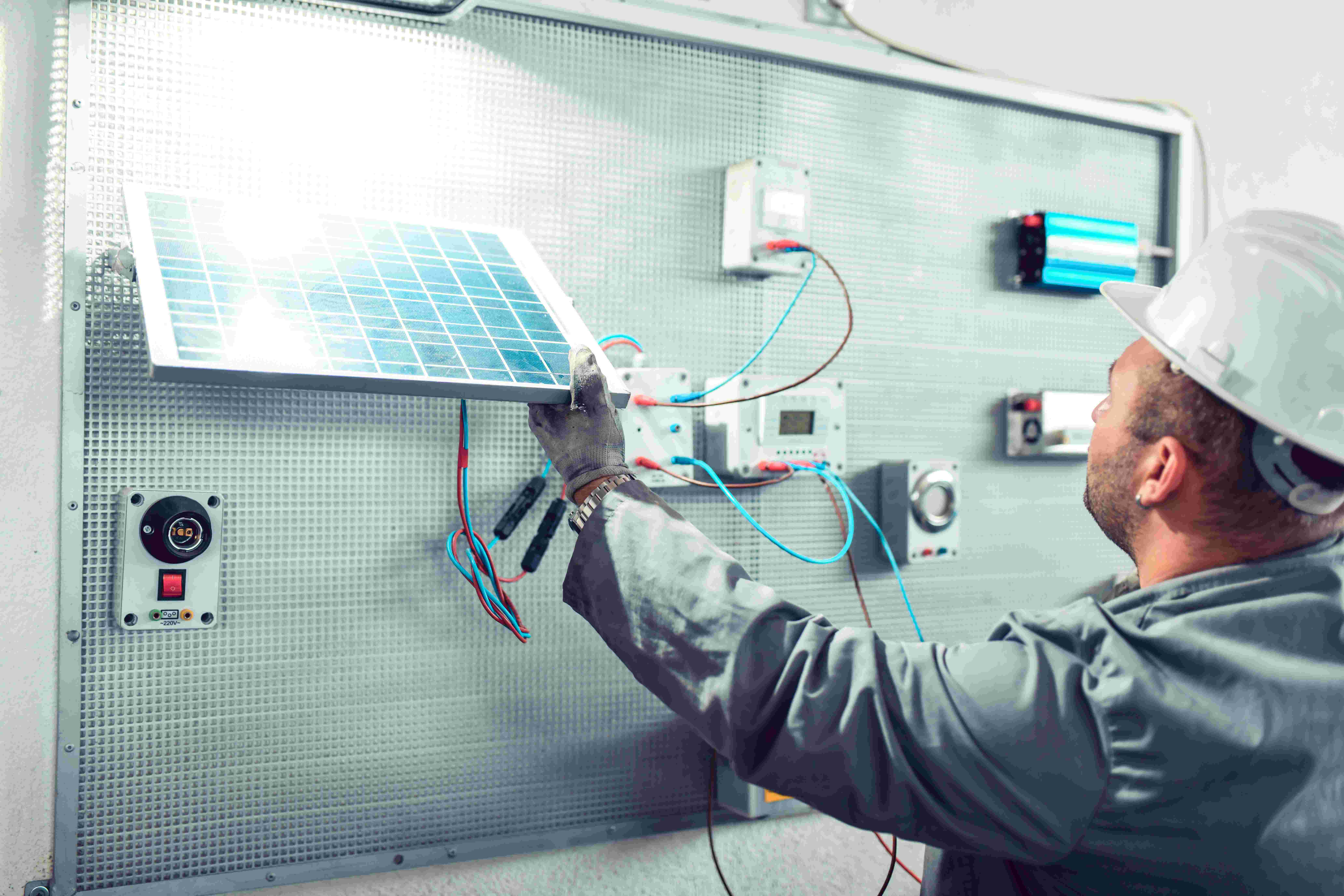A $300 million scheme to help small business electrify operations, which expires this month, is yet to be legislated despite being announced more than a year ago.
Australian Small Business and Family Enterprise Ombudsman Bruce Billson said political squabbling in Federal Parliament meant small businesses had until June 30 to have assets “ready for use”, with no guarantee the support the scheme offered would materialise.
Mr Billson said the Government announced in April last year, a new Small Business Energy Incentive to provide a tax break worth up to $20,000 to support electrification and more efficient use of energy.
“This bonus 20 percent depreciation was available for those with a turnover below $50 million and was promoted as helping them to save money on energy bills by electrifying their heating and cooling systems, upgrading to more efficient fridges and induction cooktops, and installing batteries and heat pumps.
“The government boasted the $314 million scheme had been “specially timed” to help small businesses lay the foundations for their future growth,” Mr Billson said.
“Now the clock is running out. The scheme requires a small business to have the assets or upgrades not only purchased but installed and ‘ready for use’ by June 30.
“However, the legislation that would make this tax break law has still not been passed by the Parliament and is caught in a battle between the parties about other legislation.”
Mr Billson said a small business would need to spend $100,000 to get the full value of the tax incentive.
“That’s a big commitment, and as recognised by the government, the tax break may be the critical difference in being able to afford to do this.
“As it currently stands, the package of bills has passed the House of Representatives but have been changed by the Senate. The government rejected those changes and sent it back to the Senate, which stood its ground. As did the House.
“So, this stalemate goes back to the Senate, but it does not sit again until June 24. Even if this is the first item of business and the Senate changes its mind, it will leave small business with less than a week to buy, install and use this equipment. That’s if it’s even available.”
Mr Billson said he was hearing from confused small businesses who wanted certainty.
“Until it passes Parliament, they cannot know what the final law will say and if an intended investment is eligible.
“Leading accountants say it is difficult for tax agents to advise clients about the Small Business Energy Incentive and until it becomes law, the Tax Office can’t provide guidance to understand the types of investments that qualify for the incentive.”
He said small businesses needed time to plan investment decisions, not be forced in the final weeks of the financial year when they have so many other deadlines to meet, to rush such big spending decisions.








